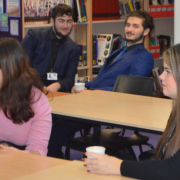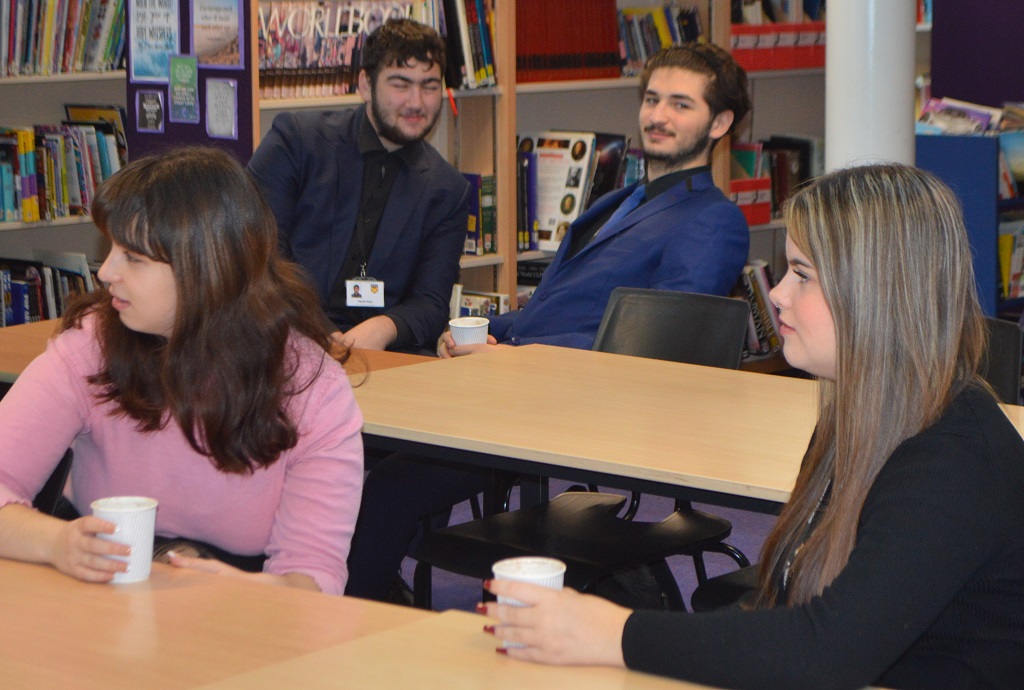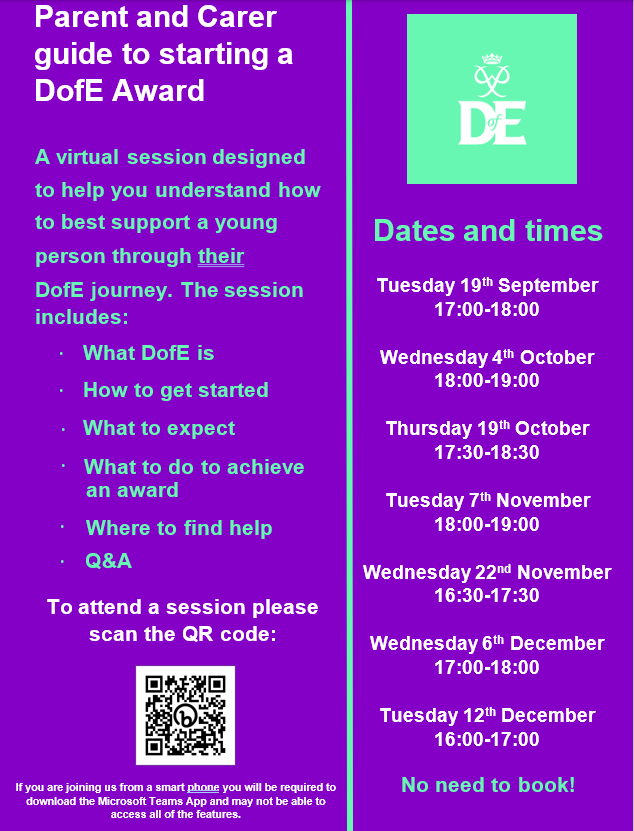On the 16th of October there was a change from the normal timetable for Year 9 and Year 10 students, as St Mary’s invited a touring theatre group into school to give a performance.
The Upfront Theatre Company introduced ‘In Harm’s Way’, a play and interactive lecture exploring wellbeing, mental health, risky behaviour and the varying forms that can take, and positive coping mechanisms. It is designed to follow the PSHCE curriculum and focused on current issues that affect young people today. We all have mental health in the same way we have physical health, but sometimes it is not an easy subject to talk about with young people. And with 1 in 4 people in the UK suffering from a mental health condition in their lifetime, it is something we must talk about. A YouGov/MQ and Forster survey in 2016 showed that 51% of young people would be embarrassed to talk about mental health. Young Minds, PAPYRUS, Childline & NSPCC have all said ‘more open and frank conversations should be encouraged with children.
The actors started with an introduction and clarified some of the fact, figures and myths surrounding mental health. Then the play followed the friendship of three Year 9 students over a 2 year period and explored mental health, coping mechanisms & emotional well-being. Through separate struggles with risky behaviour, they explored the dangers, consequences and help available for some of these problems. Following the play, there was a 30 minute post-show lecture, which picked through the main issues and identified any questions prompted by the story. Key scenes from the play were replayed and students were encouraged to impart advice to the character putting herself in harm’s way. The students had the opportunity to suggest actions to help each character, explore the role and the level of responsibility of the friend as well as the person struggling. There was a positive response from students by seeing mental health issues discussed in such a different manner. In Harm’s Way invited students not only to observe and invest in the characters’ stories, but to advise them. This pro-active approach will encourage them to apply this advice in their own lives.













